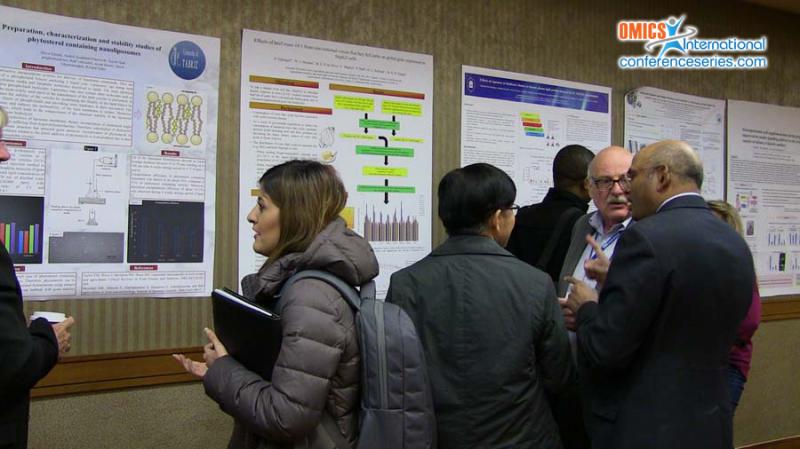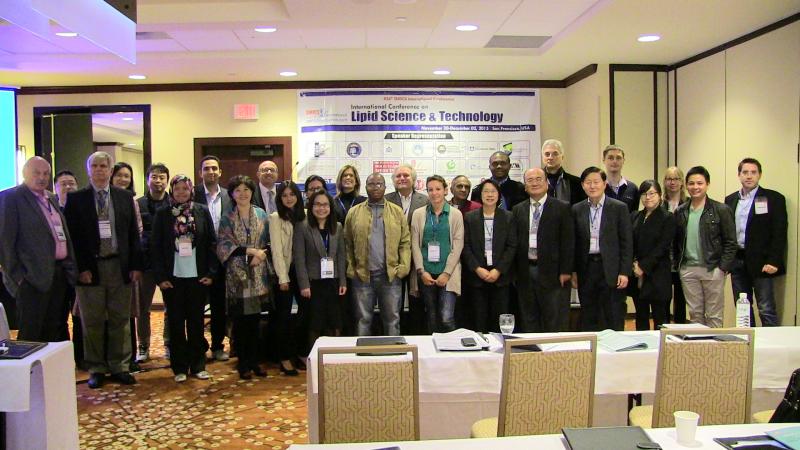
Carl E Freter
Saint Louis University, USA
Title: Targeting cholesterol synthesis increases chemoimmuno-sensitivity in lymphoid malignancies
Biography
Biography: Carl E Freter
Abstract
Background: Cholesterol is an important factor with multiple effects on cancer development, drug resistance and chemoimmuno-sensitivity. Statins, cholesterol lowering drugs, can induce cancer cell apoptosis, but are also immunomodulatory and increase peripheral regulatory T cell numbers and function in vivo, and negatively interfere with CD-20 and rituximab-mediated activity. Our goal is to identify the alternative targets that could reduce cholesterol levels but do not interfere with T and B cells in the immunotherapy of blood cancers. Methods: MEC-2 cells, Raji cells and WAC3 cells as well as the peripheral blood mononuclear cells (PBMCs) from CLL patients were treated with cholesterol lowering agents, and analyzed the effect of these agents on cholesterol levels, CD-20 expression and distribution, and cell viability in the presence or absence of fludarabine, rituximab or their combinations. Results: We found that MEC-2 cells treated with cholesterol lowering agents (BIBB-515, YM-53601 or TAK-475) reduced total cellular cholesterol levels by 20%, and also significantly promoted CD-20 surface expression. Furthermore, treatment of cells with fludarabine, rituximab or their combinations in the presence of BIBB-515, YM-53601 or TAK-475 enhanced MEC-2 cell chemoimmunosensitivity measured by cell viability in MTT assays. The cholesterol lowering drugs also increase Raji and WAC3 cell chemoimmunosensitivity. More importantly, these cholesterol lowering agents also significantly enhanced chemoimmunosensitivity of the PBMCs from CLL patients. rnrnConclusion: Our data demonstrate that cholesterol lowering drugs (BIBB-515, YM53601 and TAK-475) enhance cell chemoimmunosensitivity without immunomodulatory T and B cell functions or their downstream signaling. These results provide a novel strategy which could be applied to the treatment of lymphoid malignancies.


